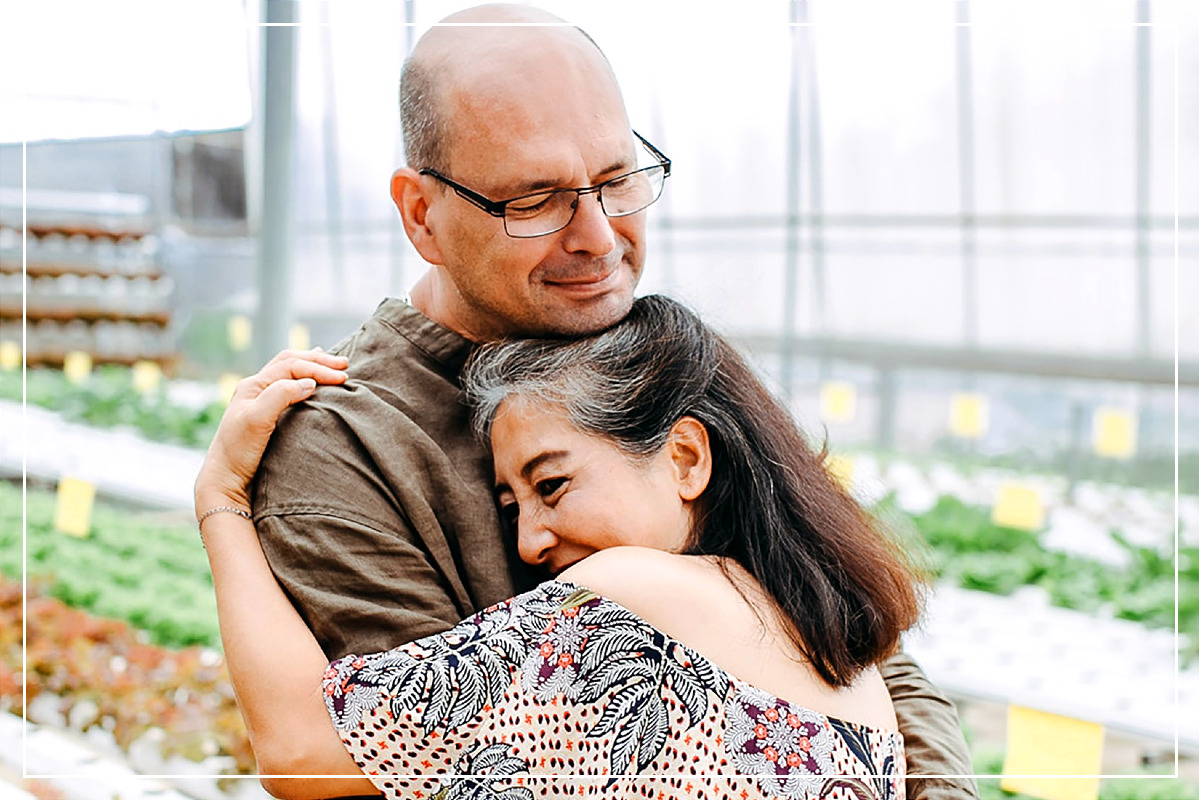
One of the most devastating parts of substance use is how it negatively impacts your relationships. In the throes of your substance use disorder (SUD), it can be difficult to see how it has harmed you and your loved ones.
How Does Substance Use Impact Relationships?
Whether, biological, found, or a blend, your family is deeply affected by your substance use. Your loved ones watching you become dependent on a substance can be frightening. Moreover, substance use changes your brain function, which can cause changes in behavior. In addition, these changes in behavior can lead to conflict and tension that strains your relationships.
As stated in the Journal of Food and Drug Analysis, your SUD can create an emotional burden that leaves your family feeling angry, frustrated, anxious, and depressed to name a few. In addition, the Social Work in Public Health Journal notes, the way your family is impacted by your SUD is unique to each member. However, some examples of the ways they can be harmed include:
- For children and siblings:
- Unmet developmental needs
- Impaired attachment
- Emotional distress
- Physical and mental health issues
- Abuse
- For other loved ones:
- Financial difficulties
- Legal issues
- Emotional distress
- Physical and mental health issues
- Abuse
Therefore, living with the uncertainties and stressors of SUD can strain your relationships with your loved ones. However, making amends with your loved ones can have a positive impact on you and your loved ones’ long-term healing.
The Value of Amends for Everyone
According to an article from Alcohol Research: Current Reviews, involving the family in the recovery process can have a positive impact on the family and its functioning as a unit. Not only can your family be a source of support and encouragement for increased resiliency, but your commitment to recovery can also support the family too. As noted in the article, studies show that maintaining your recovery long-term can lead to healthier outcomes for the family, including:
- Fewer mental health difficulties
- Higher family income
- Fewer symptoms of emotional distress in children
- Increased family cohesiveness
- Healthier expressiveness
- Increased interest and participation in recreational activities
Therefore, through social support and the development of coping tools, you and your family can heal together.
Tools for Supporting Family Recovery
At The Guest House, we can support you are your family on your journey to recovery with highly personalized treatment plans. Moreover, our work is geared toward treating the whole person with holistic care that nurtures you in body, mind, and spirit through nutrition, therapy, and community. Your loved ones are an extension of the whole of you and your community that we want to nourish and support. As your family is an integral part of your healing, we provide individualized family programs that will meet your family’s specific needs.
Substance use can strain and in some cases break family relationships. However, making amends with your loved ones after you enter recovery is an important step in your recovery journey. Working to repair your relationships is beneficial to you and your loved one’s long-term healing. Together, you and your loved ones can learn how to be healthy support members for each other. Here at The Guest House, we believe in treating every part of you, which includes your support people. Call us at (855) 483-7800 to learn more about our individualized family programs.